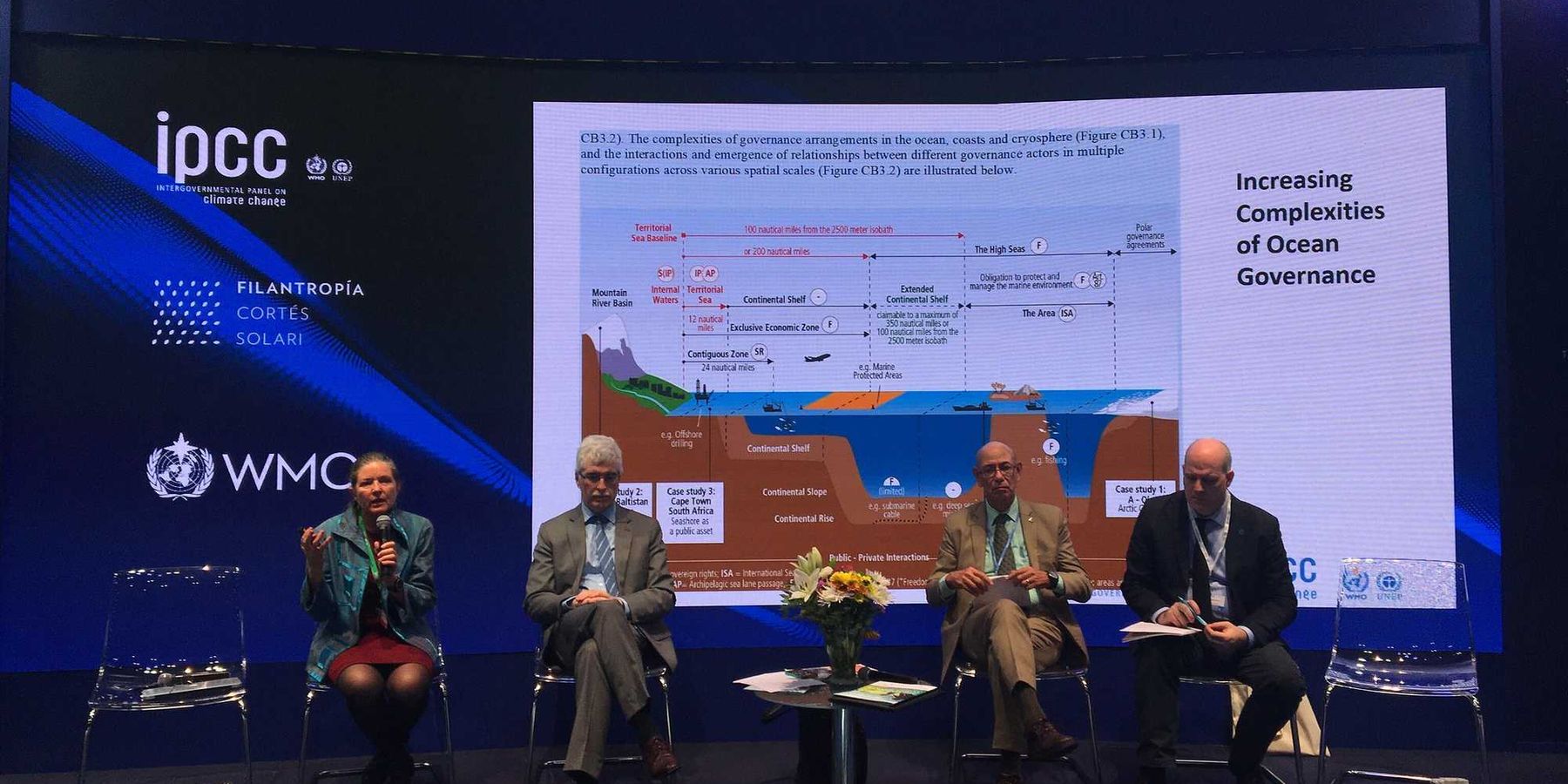diet
As climate change worsens, junk food companies exploit the crisis for profit
As droughts and extreme heat become more common, communities in vulnerable regions are turning to ultraprocessed foods and sugary drinks, with junk food companies capitalizing on the dire situation to boost sales.
In short:
- Droughts and extreme weather are making fresh food and clean water scarce, driving poor communities to rely on junk food.
- Companies are aggressively marketing sugary drinks and snacks, particularly to children, under the guise of combating malnutrition.
- Governments need to take stronger action to ensure access to healthy food and water to counter these predatory practices.
Key quote:
"There’s no better time to rein the sales of these foods in — the hotter future will only make us further dependent on them."
— Lindsey Smith Taillie, director of the Global Food Research Program
Why this matters:
With fresh produce becoming scarcer and more expensive, junk food companies are seizing the opportunity to push their products aggressively, exacerbating public health crises, particularly in poor and vulnerable communities. Read more: The outsized role processed food plays in our health and environment.
Ending factory farming could mitigate climate change and pandemics
The widespread adoption of factory farming presents significant ethical and environmental challenges, with potential solutions involving cultural, political and dietary shifts to more sustainable food systems.
In short:
- Factory farming harms billions of animals and contributes to environmental issues like climate change and antibiotic resistance.
- Despite efforts to combat it, factory farming continues to expand globally, driven by the demand for cheap meat.
- There is a push for a more sustainable food system that addresses these issues by changing societal attitudes and policies.
Why this matters:
Factory farming is a major source of greenhouse gas emissions, contributing significantly to climate change. By reevaluating our food production methods, we can improve animal welfare and reduce environmental and health risks, creating a more sustainable future.
Related EHN coverage:
Meat industry views Cop28 outcomes with optimism
In a recent summit, meat industry leaders found reasons to be hopeful about their future, despite environmental concerns.
In short:
- Cop28's focus on agriculture offered mixed messages, with major meat lobbyists celebrating a lack of binding targets on reducing livestock numbers.
- Critics argue the summit's outcomes favor industrial meat interests over environmental action, with the presence of meat and dairy lobbyists tripling.
- Despite global calls for reduced meat consumption to meet climate goals, the summit's declarations lacked explicit directives for diet change.
Key quote:
“Cop28 has rightly put the spotlight on the link between food production and the climate crisis, but the sheer number of Big Ag lobbyists present gave them an outsized influence.”
— Sophie Nodzenski, a senior campaign strategist on food and agriculture at Greenpeace International
Why this matters:
Agriculture, particularly livestock farming, plays a significant role in climate change, contributing approximately 14.5% of all anthropogenic greenhouse gas emissions, according to the Food and Agriculture Organization of the United Nations. Innovations such as alternative protein sources, regenerative farming practices, and improvements in animal feed are being explored to reduce the environmental footprint of livestock farming. However, the path forward involves navigating complex issues of food security, economic viability, and environmental sustainability.
Will climate cookbooks change how we eat?
The world’s broken food system costs $12.7 trillion a year
'The wisdom is in the soil, and the soil is becoming depleted'
First Nations fight to bring traditional foods back to the table
Skeena River sockeye have declined 75% since 1913. Woodland caribou have declined by more than half in the past century. But with the right resources, First Nations are bringing ancestral foods back from the brink.









